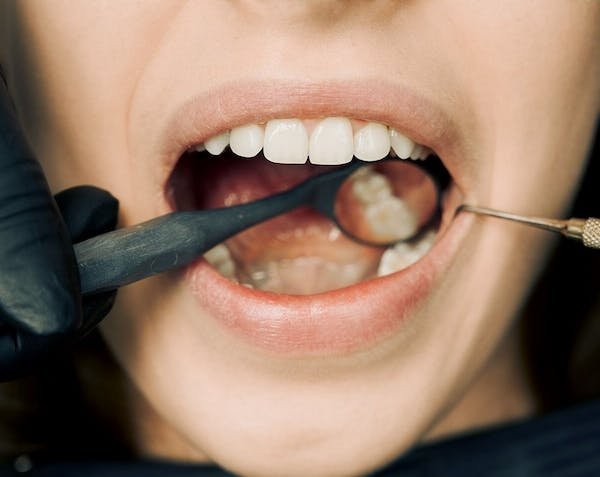Mouth Cancer: A Deadly Disorder
Today, I will delve into a sensitive topic, which is mouth cancer, also known as oral cancer. It is the 13th most common cancer in the world and affects men more than women. It occurs when malignant cells (cancerous cells) start developing and accumulating in the tissues of the oral cavity. The human papillomavirus (HPV) can initiate the development of cancerous cells. It can occur in various parts of the mouth, including the lips, tongue, inner lining of cheeks, gums, palate, salivary glands, oropharynx, and tonsils.
Oral cancer can manifest in different forms depending on the region:
- Lymphomas: If it occurs in lymphatic system, it is called Lymphomas. They are identified as non-healing ulcers, swelling, or a mere mass.
- Verrucous Carcinoma: It is a slow-developing type of oral cancer that typically appears as a cauliflower-shaped growth and mostly occurs on the gum site.
- Squamous Cell Carcinoma: This is the most common type of oral cancer, accounting for 9 out of 10 cases. It can affect the oral cavity and throat. In its initial stage, it appears as a small, painless white or red patch or ulcer, which may gradually transform into an ulcer shape that does not heal with treatment.
- The other types occur in the salivary glands, whether they are in the major glands (parotid, submandibular, and sublingual) or the minor glands (which are not individually classified). These types include:
1.Adenoid cystic carcinoma (ACC)
2.Mucoepidermoid carcinoma
3.Minor Salivary Gland Carcinoma
Stages of Cancer Based on its Severity:
Oral cancer progresses through different stages, ranging from 0 to 4, with increasing severity and spread to other parts of the body. Stage 0 is the earliest stage where potentially cancerous cells are present. Stages 1 and 2 indicate the presence of cancer cells that have not spread to lymph nodes. In stage 3, the cancer cells have spread to lymph nodes, and in stage 4, the cancer has spread to other parts of the body, such as the lungs.
Signs and Symptoms:
Signs and symptoms of oral cancer include painful ulcers, oral sores that do not heal, difficulty swallowing, chewing, and speaking, red and white patches in the mouth, lumps in the mouth, neck, or throat, loose teeth, changes in voice tone, bleeding in saliva, and unexplained weight loss.
Risk Factors:
The biggest risk factor for oral cancer is tobacco and smoking. Even using filters or chewing any form of tobacco product can lead to oral cancer. Additionally, not applying sunscreen to the lips, which exposes them to sunlight, can be a risk factor. Did you ever think that oral cancer can be caused by engaging in oral sex with an infected virus called human papillomavirus? People with weak immune systems are also more susceptible to oral cancer.
Excessive alcohol consumption is another significant risk factor, as both tobacco and alcohol are carcinogenic. Gender also plays a role, with males being more prone to developing oral cancer. Other factors that people tend to overlook include poor hygiene and neglecting regular dental check-ups.
Age is also a factor. Oral cancer is mostly diagnosed in individuals over the age of 40, and if there is a family history of oral cancer, the risk is slightly higher compared to others.
What could be the Treatment Options For it?
Treatment of oral cancer is complex and depends on multiple factors such as the severity and size of the tumor. However, surgery is often considered the best option for cancer treatment. It should be approached with caution due to its serious consequences and requires a professional approach. In most cases, the affected part, whether it's the tongue, jawbone, or another area, is removed. Surgeons usually also remove the healthy tissue surrounding the tumor cells.
Radiation therapy and chemotherapy are also available options. They are mostly given in the initial and advanced stages, often in combination with surgery. In cases where other options have been ineffective, targeted therapy and immunotherapy are used. These involve the use of specific drugs that target specific inhibitors to control the spread and growth of cells.
However, if you experience symptoms, signs, or any kind of pain or discomfort in your mouth, it is better to consult a dental surgeon to avoid future complications.
References :
https://www.pennmedicine.org/cancer/types-of-cancer/mouth-cancer/types-of-mouth-cancer

Yay! 🤗
Your content has been boosted with Ecency Points, by @josedam.
Use Ecency daily to boost your growth on platform!
Support Ecency
Vote for new Proposal
Delegate HP and earn more